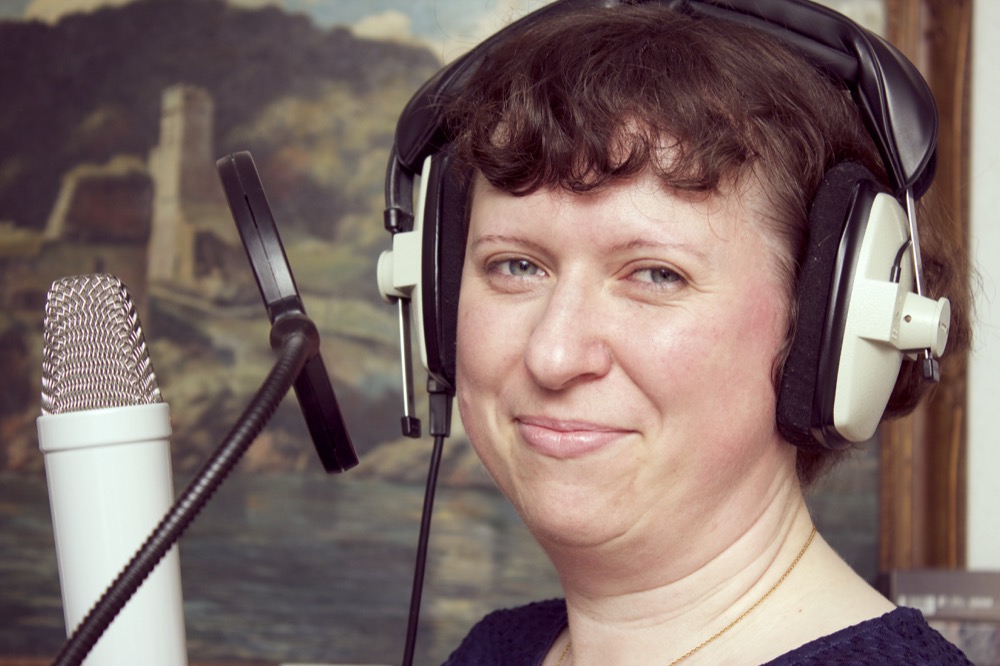Compose a similar piece with the same ingredients and juxtapose it with a corporate promo and you will not necessarily produce the feeling of happiness. Much of the feel good quality of popular music comes from familiarity, unbroken rhythm and association with a famous artist. Take away the celebrity and the notoriety and you are left with music. And - more often than not - in isolation to those factors, it will not produce happy feelings.
It is not possible to write a piece of faux popular music for a corporate video because it will still lack the celebrity identity of the musician and the track's pre-existing place in culture. So how to solve the problem?
When a popular work is used by big business as soundtrack to adverts, the music plays, regardless of the images. And so I apply the same technique to corporate needs. It is not as much scoring as writing a piece of music that runs as though on tracks. It does not hit points as score should. It maintains a continuous rhythm and exploits tiny variations to avoid becoming tedious. This is not about optimum scoring, as though a composer is commissioned to be an artiste. This is about accommodating to a client's perception. And the one problem every composer faces in corporate work is that most clients like music, perhaps play music and regard themselves as expert enough to be far more critical than they would in another sphere of production.
The end result in this case is wallpaper music that is hardly perceived at all, but fills a gap with a warm and positive vibe.




